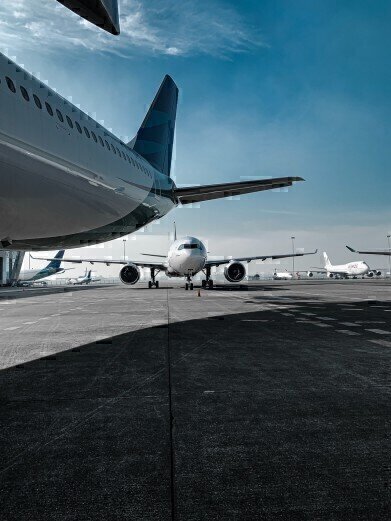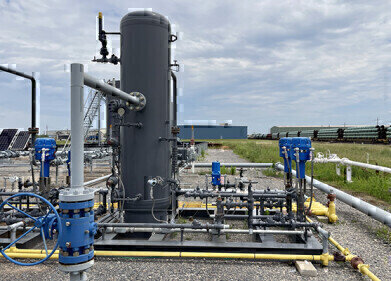Air Clean Up
How Much Will Heathrow Airport Expansion Cause the UK in Air Pollution Fines?
Jul 29 2015
The proposed expansion of Heathrow Airport to include a third runway has been given the green light by the Airport Commission, headed by Sir Howard Davies. If David Cameron chooses to accept this advice and plough ahead with construction – despite widespread opposition – he will run the risk of incurring air pollution fines of up to £300 million.
However, such a scenario would only take place if the capital is able to clean up its act by 2020. Currently, London is not on course to meet EU criteria for clean air until 2030, which would mean that an expanded Heathrow would not be the only reason the UK would fall foul of the regulations. Since the UK would be fined anyway, the third runway could be excused on those grounds.
If London can act decisively, however, and comply with the regulations 10 years earlier than predicted, there could be no economic justification for building Heathrow’s third runway (just as there is already no environmental nor moral justification for its construction).
An Uphill Struggle
London mayor Boris Johnson has been an outspoken critic of the proposed expansion plans from the outset and has signalled his intention to do his utmost to clean up London’s air by 2020. Of course, doing so would involve huge initial costs and a rapidly different approach to transport habits in the capital, but it’s not entirely unfeasible.
Diesel engines, for starters, would have to be brought into line with modern technology. With the Euro 6 Emission Standards will ensure that all cars sold after September 2015 comply with the new regulations, existing older vehicles are still sources of high emissions. Johnson has already attempted to address this problem by proposing the introduction of an Ultra-Low Emissions Zone in London, charging older diesel engines £10 more than standard congestion charges to enter the capital.
Meanwhile, Transport for London would also have to shift focus. Rather than pursuing plans to increase London’s overcrowded road network, they should be concentrating on reducing traffic on the roads. This could be achieved via improved public transport above ground, higher parking zones and a more complete and concerted traffic reduction plan. More traffic equals more pollution; less traffic means less of it – simple as that.
Of course, these changes could not be implemented overnight and would take a concerted effort from all involved. However, making such sacrifices to clean up London air and bring it into line with EU levels is most likely the best way to avoid the construction of Heathrow’s third runway.
Not Just Fiscally Expensive
The new runway is not only certain to be extortionate in terms of expenses, but also in environmental and health terms. The article How Would Heathrow's Third Runway Affect Air Pollution discusses the human cost of construction, as well as the havoc such an investment would wreak on our environment.
It also outlines the problems with the Davies’ Commission’s ruling, including the unrealistic expectations and estimations of future fuel efficiency and its climatic impact, as well as unreasonable hikes in airline taxes and prices.
Furthermore, the basic justification of the runway construction as viable because the rest of London is just as polluted anyway is flawed logic from the outset. The government has to clean up its act – and hopefully, London will too.
Events
Apr 22 2024 Hannover, Germany
Apr 23 2024 Kuala Lumpur, Malaysia
Apr 24 2024 Sao Paulo, Brasil
May 05 2024 Seville, Spain
May 13 2024 Munich, Germany














